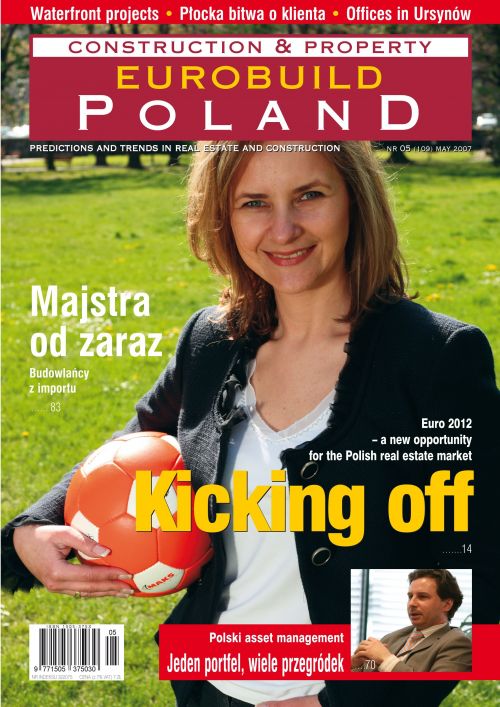A huge outflow of Polish building workers took place when western labour markets were opened. The reduced number of professional schools and construction colleges also resulted in staff shortfalls. One way in which Polish construction firms are coping with this is by importing workers from abroadAccording to data compiled by the Polish Union of Construction Employers and the Construction and Real Estate Confederation, around 150,000 skilled workers are required in the industry. There are two main reasons for this. The first is the unexpected construction boom, the second is the scale of Polish emigration to both eastern and western Europe.Zbigniew Bachman, director of the Polish Chamber of Industry and Trade in Construction (PIPHB) remarks that: “I estimate that 2 to 2.5 mln people have left Poland since the borders were opened, including 300,000 from the construction sector. But it would be untrue to suggest they all went west. A substantial number of construction workers are employ




























































